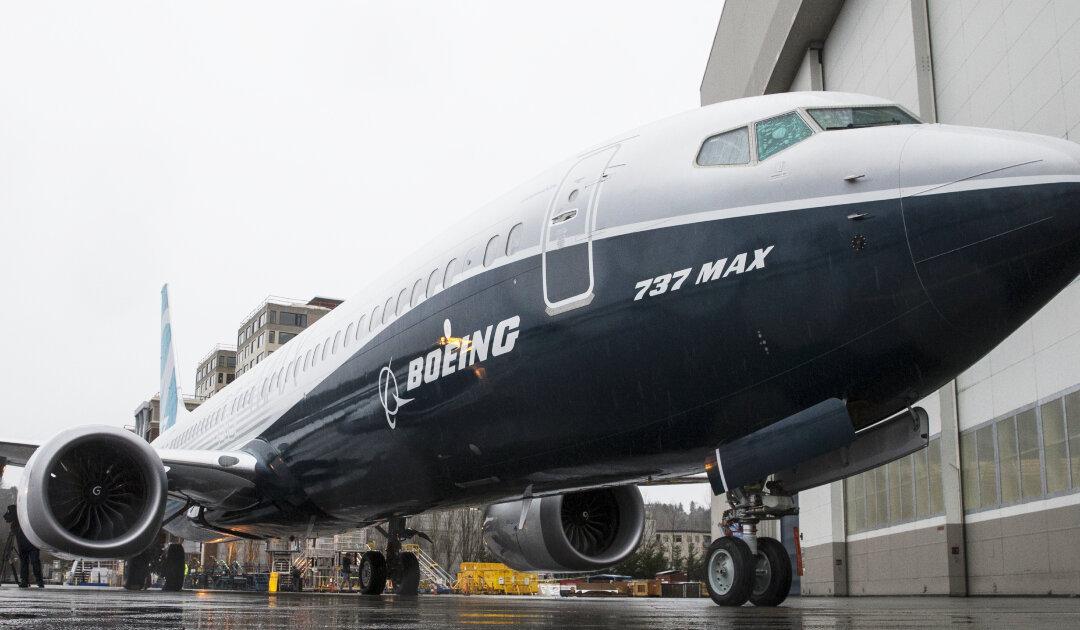HELSINKI—Boeing’s grounded 737 MAX airliner is likely to return to service in Europe during the first quarter of 2020, the head of the European Union Aviation Safety Agency (EASA) said on Nov. 4.
While the European regulator expects to give its approval in January, preparations by national authorities and airlines may delay the resumption of commercial flights by up to another two months, EASA executive director Patrick Ky indicated.





